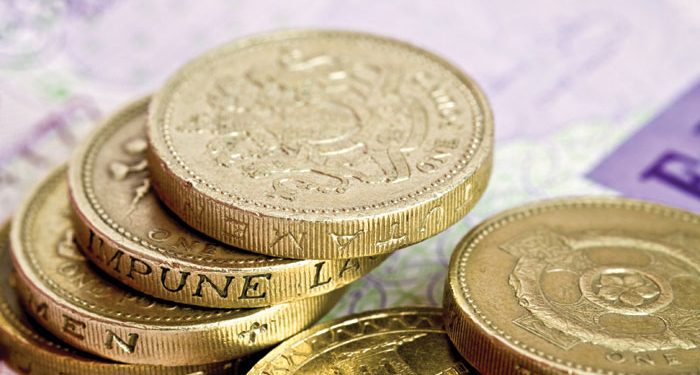A third of women are withdrawing 25 per cent of their pension at age 55, with nearly one in three putting the money into very low interest savings accounts, according to a survey of 1,500 DC members with Legal & General Investment Management has found.
The research found female pensions savers are more likely to withdraw earlier, with 33 per cent of women taking their tax-free cash at 55, compared to 22 per cent of men. Women are more likely to put their tax-free cash in a savings account, current account, or cash Isa, with 29 per cent of all women doing so, compared to 19 per cent of men.
The research found that more than 50 per cent of people who have taken their tax-free say they did not need to take that much at the time and 28 per cent of them are still contributing to their pensions, suggesting withdrawals are not being made on the basis of sound financial planning decisions.
Tearly three-quarters of those who access their tax-free cash believe that the main purpose of their pension is to provide an income for life, yet at the same time 76 per cent of respondents do not intend to use their tax-free cash to provide them with an income in retirement.
Nearly half of the 1,500 DC members polled – 46 per cent – said they would not have withdrawn their cash if it had not been tax free.Home repairs and improvements were the top reason for tax-free cash withdrawals, the motivation for 27 per cent of those withdrawing cash.
The research suggests behaviour around withdrawals appears to be driven by the way tax-free cash is framed, with 26 per cent withdrawing their cash as possible at the age of 55 exactly. Many of these scheme members are unaware of the potential for growth had they kept their money invested for longer.
Over half who had withdrawn their lump sum said they did not really need as much right away and that they could have taken less and 29 per cent said that they could have used other savings instead.
Those with less in their pension are more likely to cash in and spend their tax-free cash – with 53 per cent of those with pots of less than £10,000 agreeing with the statement that tax-free cash is ‘there to spend, like a bonus or a windfall’ compared to 30 per cent of those with pots of over £250,000.
Even among richer savers, there is an aversion to keeping their tax-free cash invested in their pension. While 48 per cent of those with pots of over £250,000 say they believe their lump sum is something to ‘invest elsewhere, for better returns’, those with pots of over £250,000 are three times more likely to keep their tax-free lump sum in cash rather than invest it – 54 per cent in cash savings versus 18 per cent in a stocks and shares Isa or other investments.
Female pensions savers are more likely to withdraw earlier – 33 per cent of women versus 22 per cent men at aged 55 – and to put their tax-free cash in a savings account, current account, or cash ISA to keep for a rainy day – 29 per cent of women versus 19 per cent of men – leaving them vulnerable to accepting a low cash interest rate instead of an investment return in their pension for longer.
LGIM co-head of defined contribution Rita Butler-Jones says: “It is extremely worrying to see so many women are withdrawing their 25 per cent tax-free cash at the earliest opportunity. This is not being done from a position of financial confidence and our data shows that the majority of women simply put this money in bank accounts or in a cash ISA rather than investing it wisely.
“For these women, who may be working and paying into their pensions for another decade, this decision is eroding their future financial stability by ensuring a significant portion of their future pension pot remains stagnant.
“This exacerbates the already staggering gender pension gap, which means the average woman has a pension 56% smaller than the average man, upon retirement. The one bright spot is that when women are communicated with by providers, they are twice as likely to react which means targeted communication with members truly can be effective.”
“Rather than its original intention of incentivising saving, tax free cash allowances appear to have the opposite effect in practice – encouraging members of pension schemes to spend more before they retire and take their tax-free cash savings whilst they still have other sources of cash savings. This is a potentially very damaging situation for whole generations of future retirees. Freedom today is hurting freedom tomorrow.





